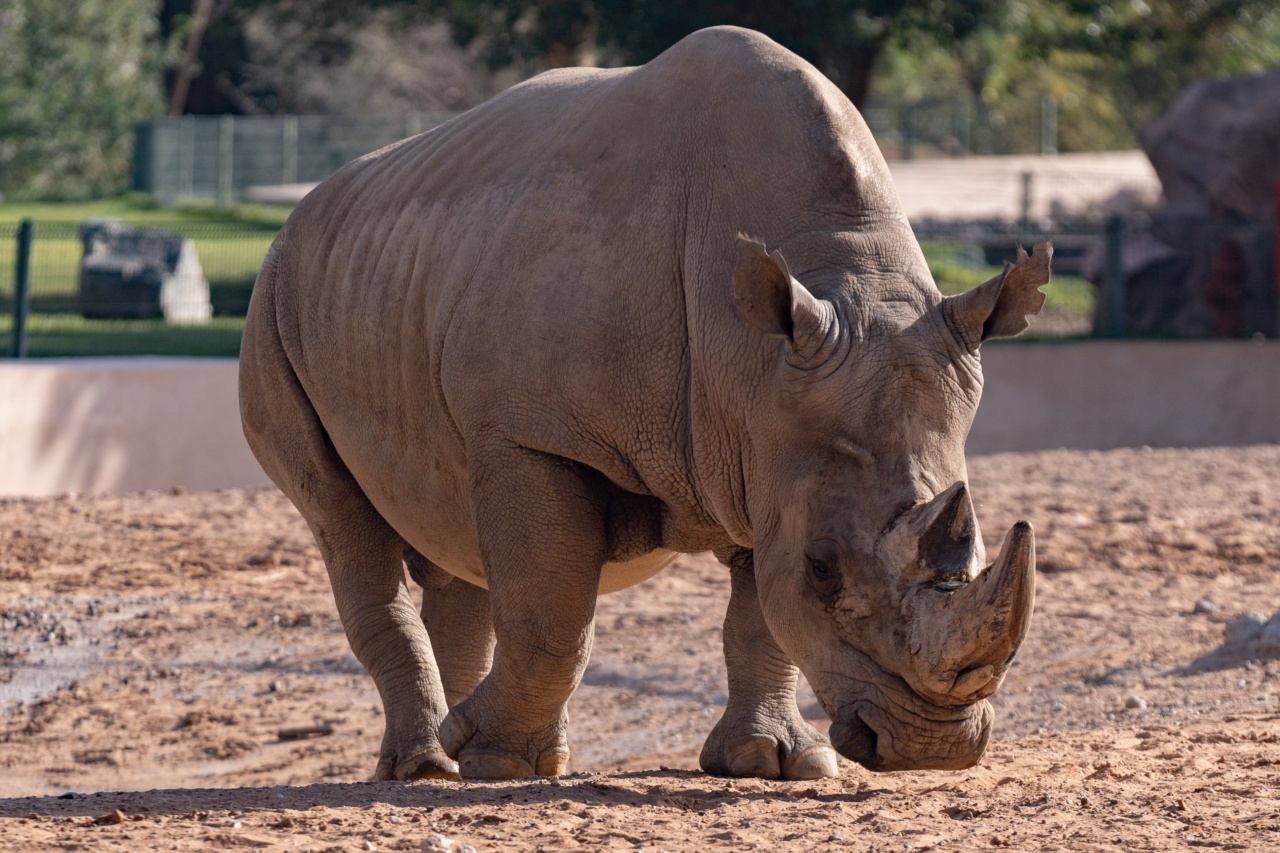Rhinos are majestic creatures that are unfortunately endangered due to poaching and habitat destruction. As a responsible citizen, it is our duty to take care of these magnificent animals.
In this article, we will discuss various ways in which you can take care of your rhino.
Providing a Safe Habitat
Providing a safe habitat for rhinos is of utmost importance. Rhino habitats should be spacious and consist of a grazing field, mud wallows, water sources, and shaded areas.
Ensure that the habitat is securely fenced to prevent them from wandering out and stray animals from entering.
Feeding Your Rhino
Rhinos are herbivores and rely mostly on grazing. You should ensure that your rhinos are provided with adequate food to maintain their optimal health. The diet of your rhino should include grass hay, fresh fruits, and vegetables.
You can also provide them with supplements that are specially formulated for rhinos.
Regular Checkups and Vaccinations
Just like any other animal, rhinos also require regular checkups and vaccinations. It is important to consult a licensed veterinarian that specializes in rhinos to ensure that your rhino is healthy.
Regular vaccinations will help protect your rhino from diseases that may have fatal consequences.
Provide Mental Stimulation
Just like humans, rhinos also require mental stimulation to maintain their optimal health. Rhinos are intelligent animals that love being playful. You can provide your rhino with toys like balls or logs to keep them stimulated and happy.
Consider providing them with sensory stimulation as well, like scratching posts or musical instruments.
Monitor Drastic Changes in Behaviour
It is important to monitor any drastic change in your rhino’s behavior. Any signs of stress or discomfort should be addressed immediately. You should also ensure that your rhino is not being bullied by other animals in the habitat.
If you notice any signs of aggression or bullying, you should separate the animals immediately.
Proper Hygiene
Hygiene is an important aspect of rhino care. Proper hygiene includes regular cleaning of the habitat and providing them with fresh water. You should also ensure that their feeding area is cleaned daily.
You can also wash your rhino with a hose or bucket to keep them clean.
Provide Shelter
Providing shelter is important for the overall well-being of your rhino. A sheltered area will protect them from extreme weather conditions like heat, cold, or heavy rain.
It is important to ensure that the shelter is big enough for your rhino to move around freely and comfortably.
Minimize Noise Pollution
Noise pollution is a major concern when it comes to maintaining the health of your rhino. Rhinos are sensitive to loud noises and excessive noise exposure can cause stress and anxiety in them.
You should take steps to minimize noise pollution by ensuring that the habitat is located in a secluded area, away from any sources of noise like highways or industrial areas.
Protect Your Rhino from Poaching
Poaching is a major threat to the survival of rhinos. You should ensure that your rhino is protected from poachers by hiring guards or using surveillance systems. You should also ensure that the habitat is secure and inaccessible to poachers.
Conclusion
Taking care of your rhino is a big responsibility, but one that comes with great rewards. By following the above guidelines, you can ensure the health and happiness of your rhino.
Remember that rhinos are endangered animals and their survival depends on us. Let us do our best to protect them and ensure that they thrive in their natural habitat.






























